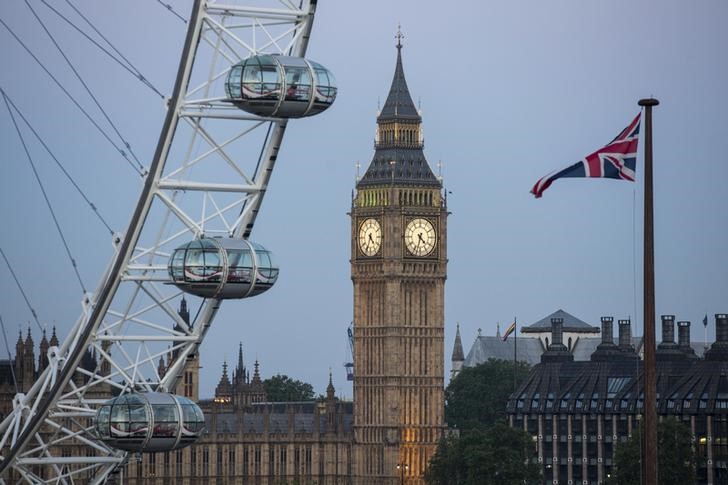Two 59%+ winners, four above 25% in Aug – How this AI model keeps picking winners
Investing.com -- U.K. inflation is set to climb to 3.8% year-on-year in July, up from 3.6% in June, according to Deutsche Bank forecasts released Friday.
The bank expects core inflation to edge up to 3.74% while services inflation will likely increase to 4.9%, driven by seasonal factors and administrative price adjustments.
Summer travel costs are projected to be a significant contributor to the inflation rise. Airfares could jump by 15% month-on-month, well above last year’s trend, while accommodation prices may surge around 9% month-on-month, partly influenced by the Oasis concerts in Manchester.
Housing costs will also play a role in the inflation uptick, with non-private rents expected to increase by nearly 2% month-on-month due to index-linked adjustments to RSL rents. Private rents are forecast to continue their recent trend at 0.3% month-on-month.
Food inflation is anticipated to continue rising, reaching 5.1% year-on-year. This aligns with recent data from Kantar showing grocery price inflation hitting a new cyclical high of 5.2% in July, up 0.5 percentage points from June.
Energy presents a mixed picture, with consumers benefiting from lower dual-fuel bills as gas prices fall by nearly 8% and electricity by around 4%. However, pump prices are expected to rise by 1.7% month-on-month, pushing overall energy inflation to its highest rate in over two years.
Deutsche Bank’s projections are broadly in line with Bank of England forecasts, with slight variations in food prices where Deutsche Bank expects inflation to be 0.13 percentage points higher than the central bank’s projection.
Looking ahead, Deutsche Bank forecasts inflation will peak at around 3.9% before easing to approximately 3.5% by year-end.
The bank has raised its inflation projection for next year to 2.6%, with inflation only expected to reach the Bank of England’s 2% target around the second quarter of 2027.
The bank cites potential upside risks including the October Extended Producer Responsibility regulatory deadline, which could further increase food inflation, and possible tax increases in the forthcoming Budget affecting fuel duty, tobacco, and alcohol prices.
